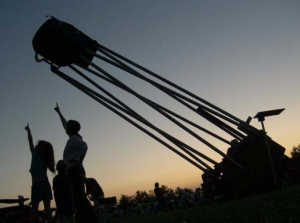Please read the C.M. Crockett Page for park details and check NOVAC front page for day of event for updates in case of cancellations.
Public Night @ Sky Meadows in conjunction with SI – Check http://www.novac.com/wp/observing/sky-meadows/ for site details and directions.
NOTE: There is no admittance to Sky Meadows State Park after 8:30pm! Even if the event goes later.
The Sun will beam down directly on the equator giving us just about equal amounts of day and night in most parts of the world.
See front page of NOVAC Site for changes to event. More information about Great Meadow including directions and parking visit the Great Meadow Site page.

http://www.novac.com/wp/outreach/stargaze/
This event has been cancelled due to the extreme weather conditions that faces out area this coming end of the week.
The radiant point for the Draconid meteor shower almost coincides with the head of the constellation Draco the Dragon in the northern sky. That’s why the Draconids are best viewed from the Northern Hemisphere. The Draconid shower is a real oddity, in that the radiant point stands highest in the sky as darkness falls. That means that, unlike many meteor showers, more Draconids are likely to fly in the evening hours than in the morning hours after midnight. This shower is usually a sleeper, producing only a handful of languid meteors per hour in most years. But watch out if the Dragon awakes! In rare instances, fiery Draco has been known to spew forth many hundreds of meteors in a single hour. In 2015, the waning crescent moon rises at late night and will not intrude on this year’s Draconid shower. Try watching at nightfall and early evening on October 7 and 8.

